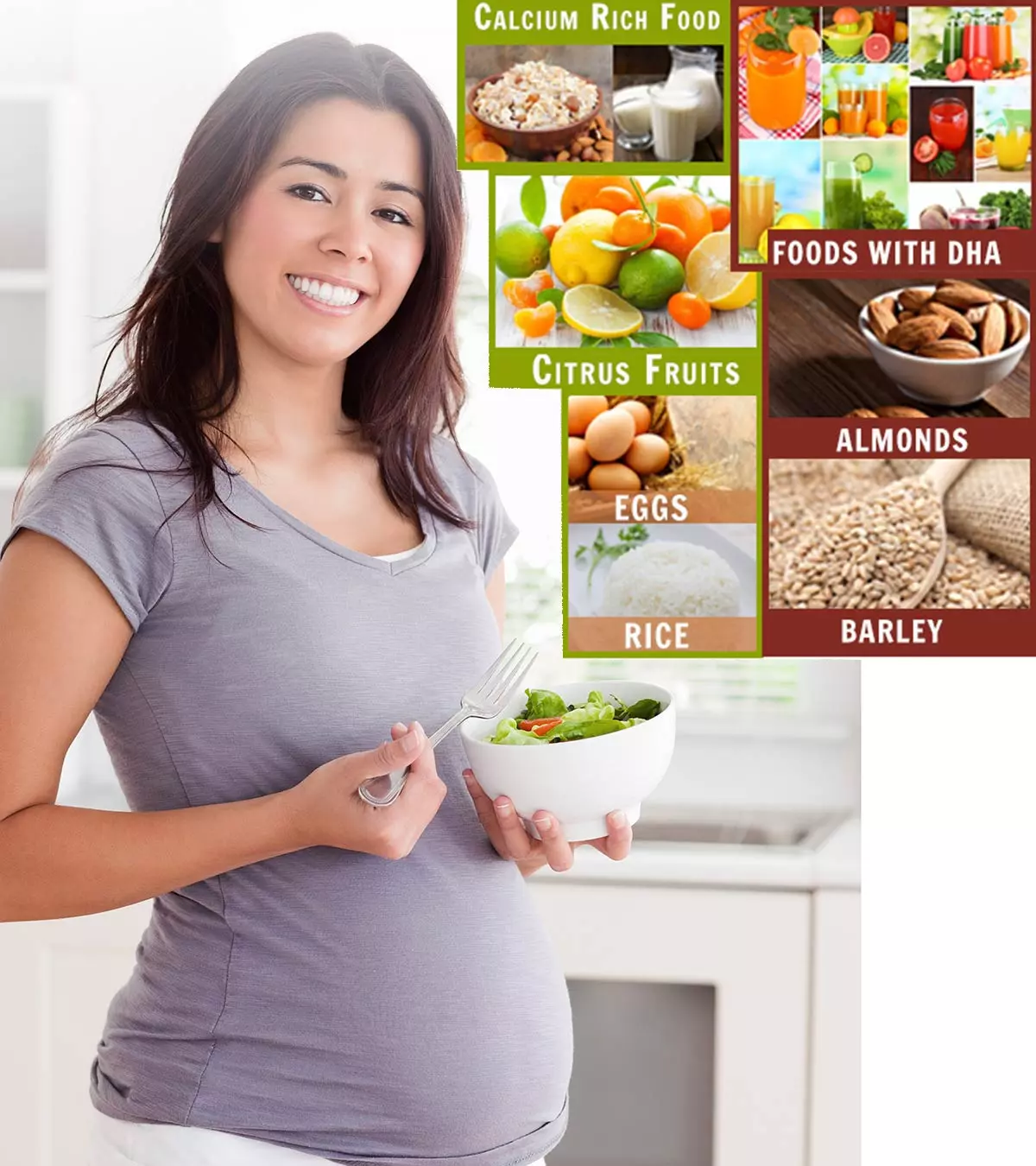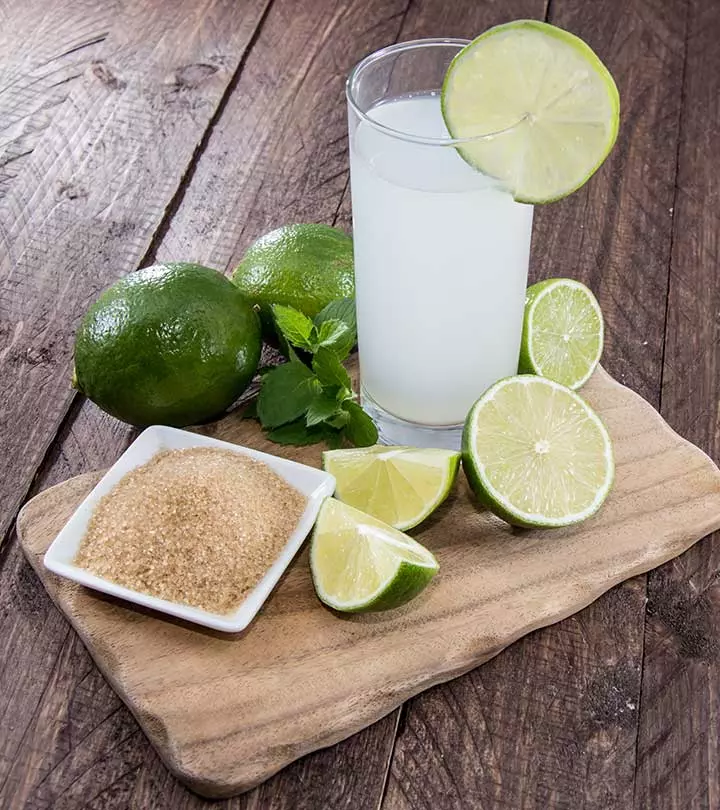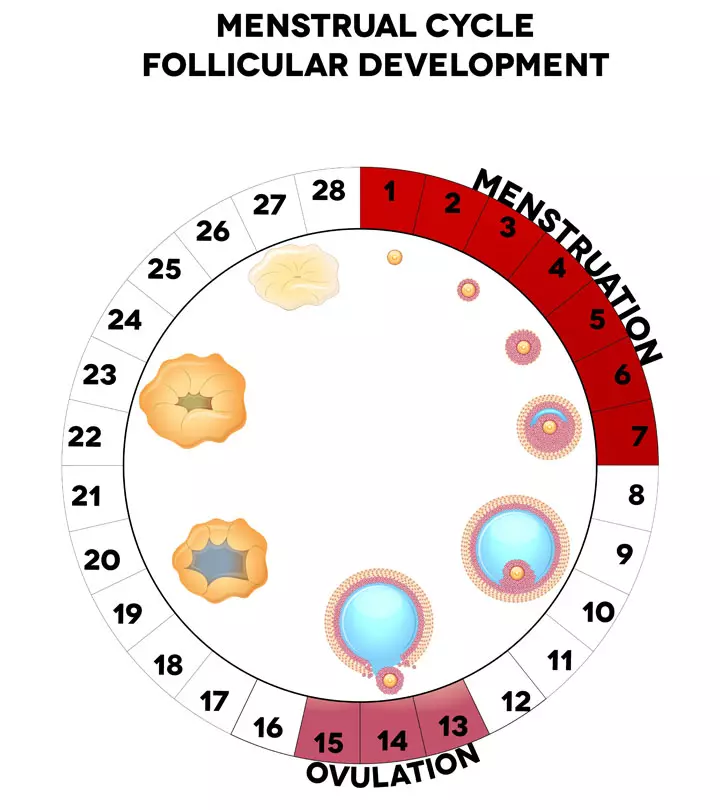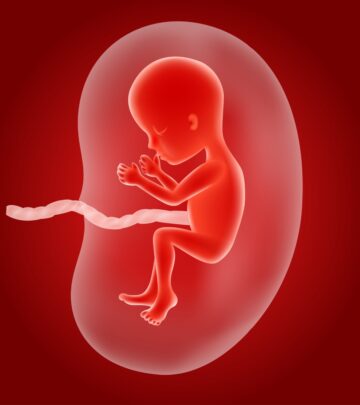MBBS, DGO, DNB

Dr. Meenu Vashisht Ahuja owns her private practice in New Delhi and works as a visiting consultant at Fortis Hospital. She has 12 years of experience and her special interests lie in infertility cases and procedures such as IUI, IVF, and ICSI. Having completed her Diploma in Obstetrics and Gynecology (DGO) in 2004, she did her Diplomate of the National Board (DNB) in Ob/Gyn in 2009. She did a Postgraduate Diploma in IVF and Reproductive Medicine from the University of Keil, Germany, in 2020. Dr. Ahuja also holds Physician Observership from California, Fellowship in minimally invasive surgery, and a certificate in Stem Cell Therapy and Regenerative Medicine from Delhi.
MomJunction believes in providing the most accurate content to its readers. Hence we get our articles reviewed by highly skilled experts in the relevant fields. The articles are reviewed to ensure their authenticity, factual correctness, and relevance. The board members also add inputs drawn from their years of experience. Learn more about our medical review board.










